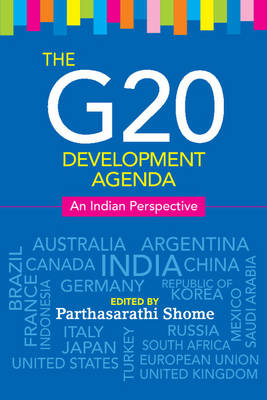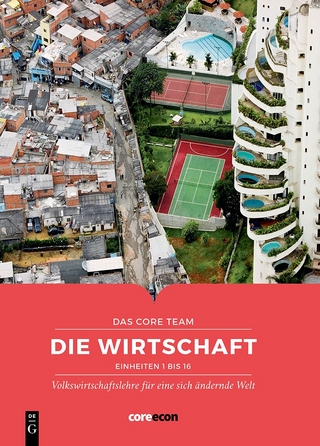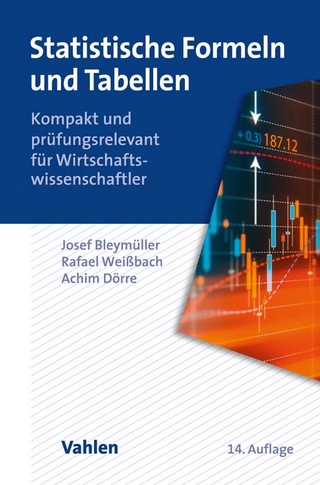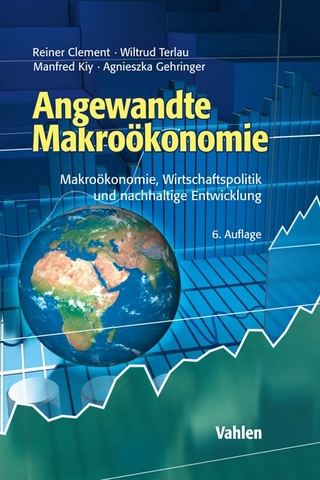
The G20 Development Agenda
Cambridge University Press (Verlag)
978-1-107-09152-8 (ISBN)
Since its initiation of the financial sector reforms through a newly established global cooperation process in the post-2008 financial and economic crises, the G20 expanded its agenda to include development pillars as the global economy began to recover in 2010. It actively extended its attention to the recycling of surplus country savings for investment in infrastructure in deficit countries, to the achievement of global food and energy security, to addressing the growing financialisation of commodities and its impact on price volatility, and to the costs and benefits as well as the intent and impact of continuing energy subsidies. It began to focus on recent global initiatives on climate change and adaptation financing with global equity and economic efficiency in mind. This volume addresses such issues in the G20's development agenda and assesses their relative successes and failures, with a particular focus on how the issues are of relevance to India.
Parthasarathi Shome is Adviser to the Indian Finance Minister. He was Chairman of the Expert Committee on General Anti-Avoidance Rules (GAAR), Government of India, from July to October 2012; Director and Chief Executive of the Indian Council for Research on International Economic Relations (ICRIER), New Delhi, from 2011 to 2012; Chief Economist of Her Majesty's Revenue and Customs, United Kingdom, from 2008 to 2011; and Adviser to the Indian Finance Minister (Secretary) from 2004 to 2008. He received the highest civilian honour of the Government of Brazil, Commander of the Order of the Southern Cross, in 2000, for his contributions to Brazilian tax reform.
List of tables and figures; Preface; Part I. Introduction: 1. Group of 20 Parthasarathi Shome and Francis Rathinam; Part II. The Development Agenda: 2. Commodity market policy for food security – the road ahead for G20 Rajesh Chakrabarti, Francis Xavier Rathinam and Vijay Kumar Varadi; 3. Recycling global surpluses for infrastructure investment in emerging market economies Renu Kohli; 4. G20: impact of the crisis with special reference to India and international burden sharing D. K. Srivastava; 5. India's growth prospect: structural impediments Kirit S. Parikh; Part III. Energy Security and Environmental Sustainability: 6. The co-benefit principle and the Durban platform: towards an inclusive framework for negotiating climate finance A. Damodaran; 7. Greening the G20 agenda: a way forward Parthasarathi Shome and Amrita Goldar; 8. Revisiting fossil-fuel subsidies in the context of ongoing G20 dialogue Meeta Keswani Mehra and Divya Datt; 9. Should India join the international energy agency? Prodipto Ghosh; Contributors; Index.
| Verlagsort | Cambridge |
|---|---|
| Sprache | englisch |
| Maße | 158 x 236 mm |
| Gewicht | 610 g |
| Themenwelt | Wirtschaft ► Volkswirtschaftslehre ► Makroökonomie |
| Wirtschaft ► Volkswirtschaftslehre ► Ökonometrie | |
| ISBN-10 | 1-107-09152-7 / 1107091527 |
| ISBN-13 | 978-1-107-09152-8 / 9781107091528 |
| Zustand | Neuware |
| Haben Sie eine Frage zum Produkt? |
aus dem Bereich


